Labour pledges to open 'at least' 350 banking hubs over next Parliament
The Labour Party claims it will ‘bring banking back to the high street’ if it forms the next government after the 2024 general election.

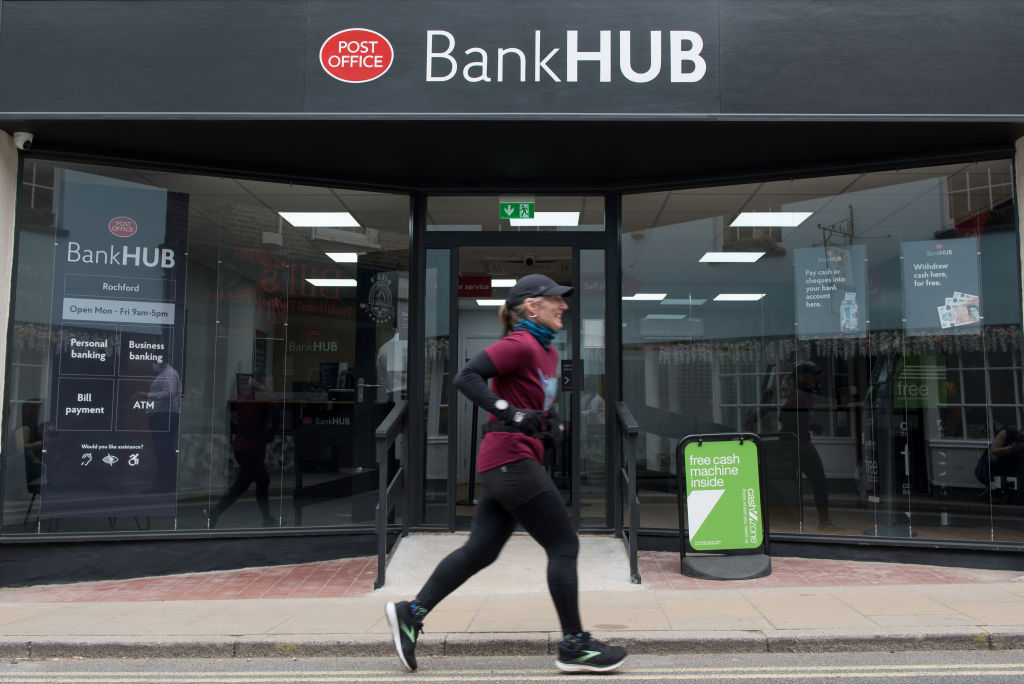
Get the latest financial news, insights and expert analysis from our award-winning MoneyWeek team, to help you understand what really matters when it comes to your finances.
You are now subscribed
Your newsletter sign-up was successful
Want to add more newsletters?

Twice daily
MoneyWeek
Get the latest financial news, insights and expert analysis from our award-winning MoneyWeek team, to help you understand what really matters when it comes to your finances.

Four times a week
Look After My Bills
Sign up to our free money-saving newsletter, filled with the latest news and expert advice to help you find the best tips and deals for managing your bills. Start saving today!
The Labour Party has pledged to open 350 banking hubs during the next Parliament, if it wins the 2024 general election.
Sir Keir Starmer’s party, which launched its manifesto last week, claimed it would “bring banking back to the high street” should it form the next government. It would do so by giving the Financial Conduct Authority (FCA) new powers, and by reforming the criteria for where hubs can be created. It comes as Labour has sought to paint itself as the party of business.
Banking hubs work in a similar way to bank branches in that they give people access to face-to-face everyday banking services. The only difference is that these spaces are operated by multiple banking brands. They were first launched in 2021 in a bid to keep a banking presence in towns that had lost access to physical branch services, with 56 currently in operation.
MoneyWeek
Subscribe to MoneyWeek today and get your first six magazine issues absolutely FREE

Sign up to Money Morning
Don't miss the latest investment and personal finances news, market analysis, plus money-saving tips with our free twice-daily newsletter
Don't miss the latest investment and personal finances news, market analysis, plus money-saving tips with our free twice-daily newsletter
Dozens of bank branches are set to be shuttered this year. RBS and TSB are among the brands who are reducing their high street presence. Labour claims 6,000 branches have closed since 2015.
We have covered the manifesto launches of the Conservative Party and Liberal Democrats. You can also read about what the Green Party manifesto and Reform UK’s policies would mean for your money.
Labour: banking hubs ‘make our high streets better off’
The Labour Party has pledged to “quickly” establish “at least” 350 banking hubs over the next five years. It said it would unlock these extra hubs by updating the existing qualifying criteria that governs whether a town or village can get one.
Doing so would “ensure fair treatment for bankless towns and underserved communities” it said. Starmer’s party claimed the current criteria had “unfairly denied” some communities the face-to-face banking services they were seeking.
It has also promised to give ATM provider Link and the FCA greater powers to identify places that are in need of a hub. It added that areas which don’t have a high street bank would be “first in the queue” to get one. The services provided by these hubs could be bolstered so that they can provide digital training and debt advice, the party promised.
Accusing the Conservatives of reducing high streets to “ghost towns”, Labour pointed to new research by London Economics - which was commissioned by banking hub operator the Post Office - that found 350 hubs would be worth £83m a year to the nation’s key thoroughfares, or £415m over five years.
This longer-term figure would rise to £593m if 500 hubs were created, the research stated. But the party added that these figures were likely to be underestimates given the evolution of the services banking hubs offer could unlock even more value for high streets.
Labour’s shadow chancellor, Rachel Reeves, said: “After 14 years of the Tories, many of our high streets have been reduced to ghost towns. This election is a chance to vote for change to end the chaos and decline and make our high streets better off. Labour’s plan for growth means bringing banking back to high streets, with hundreds of new banking hubs that can support local communities and their businesses.”
What have the other parties said about banking hubs?
Only the Conservatives and the Lib Dems have mentioned banking hubs in their respective manifestos.
Rishi Sunak’s party has sought to highlight its record by saying it has announced 100 banking hubs during its time in office. Its manifesto added that the Conservative government has legislated that banks and building societies which are considering shutting a branch have to make specific considerations before they do so. However, the Tories have not made any pledges about going any further with these policies.
Meanwhile, the Lib Dems have said that they want to support banking hubs and are committed to “protecting access to cash, especially in remote areas”. These would come under a “national financial inclusion strategy” that would require the FCA and the Prudential Regulation Authority to give greater consideration to ensuring that banking and financial services are open to everyone.
Get the latest financial news, insights and expert analysis from our award-winning MoneyWeek team, to help you understand what really matters when it comes to your finances.
-
 How to navigate the inheritance tax paperwork maze in nine clear steps
How to navigate the inheritance tax paperwork maze in nine clear stepsFamilies who cope best with inheritance tax (IHT) paperwork are those who plan ahead, say experts. We look at all documents you need to gather, regardless of whether you have an IHT bill to pay.
-
 Should you get financial advice when organising care for an elderly relative?
Should you get financial advice when organising care for an elderly relative?A tiny proportion of over 45s get help planning elderly relatives’ care – but is financial advice worth the cost?
-
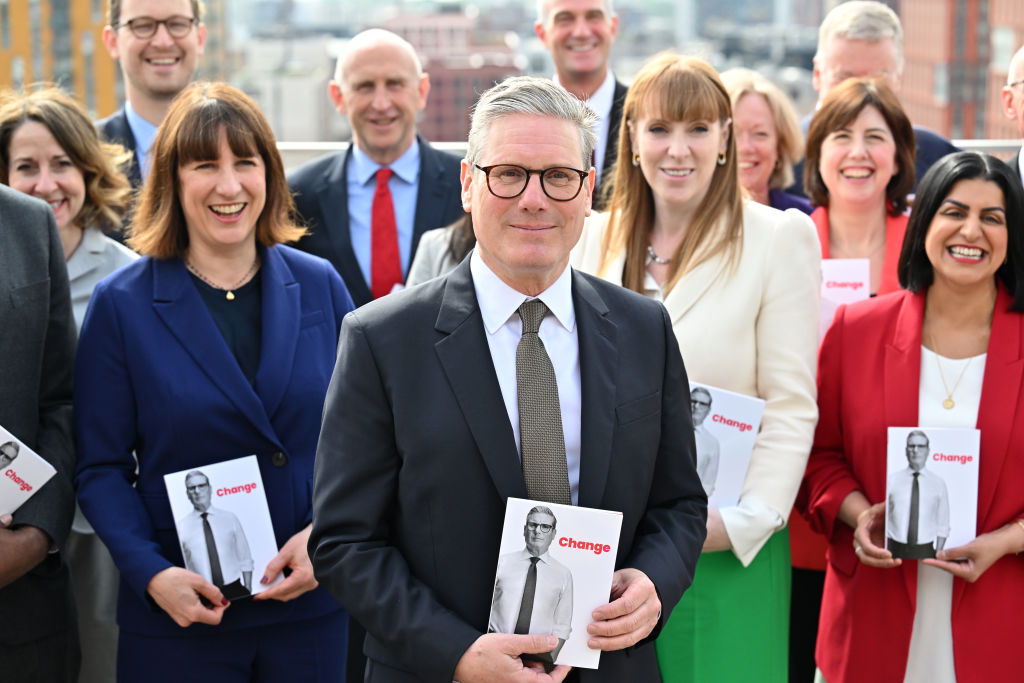 General election 2024: who’s in the Labour cabinet?
General election 2024: who’s in the Labour cabinet?A new Labour cabinet has been appointed by Keir Starmer after his party won the general election. Here’s the latest on who’s in it
-
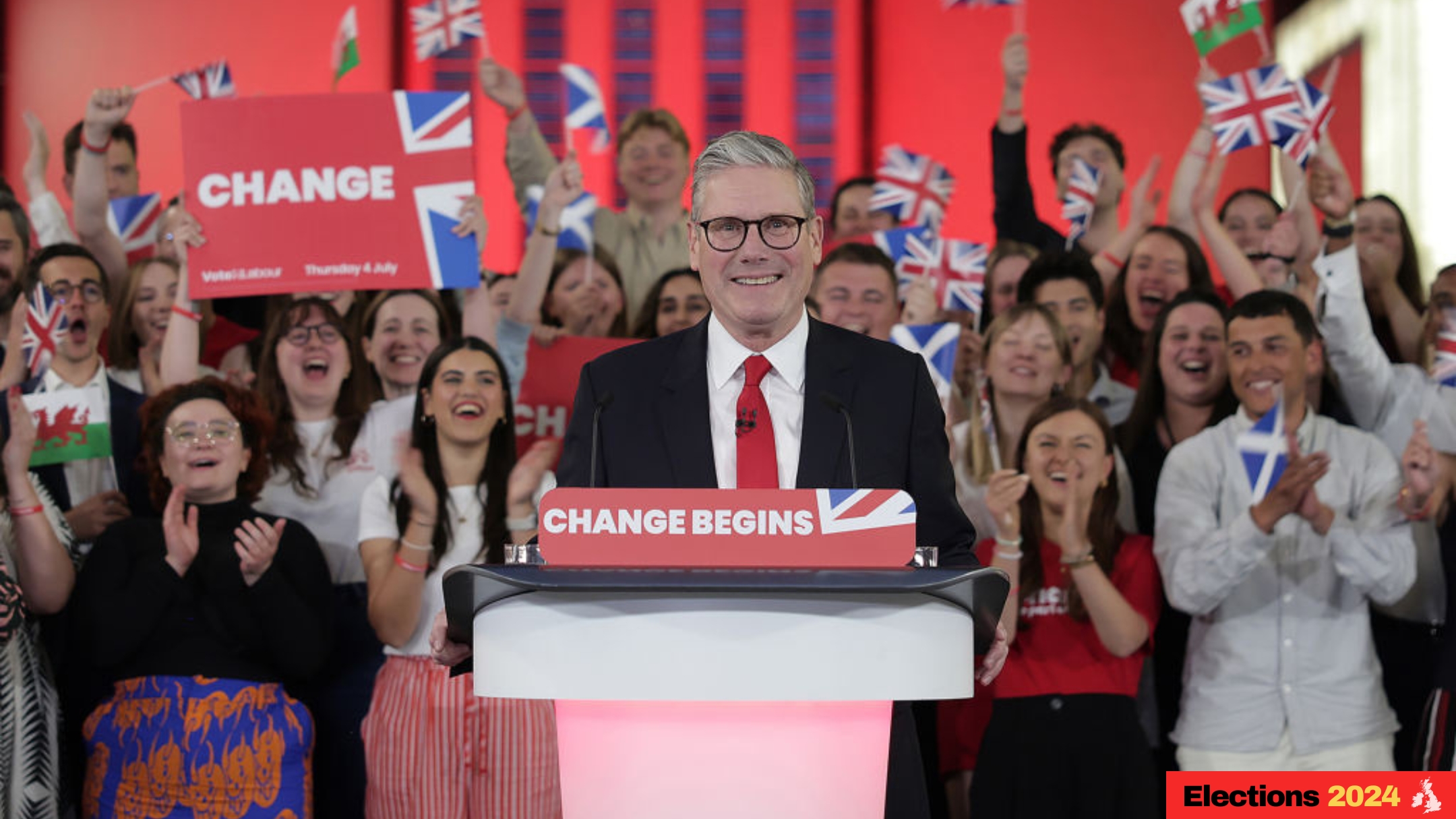 What does the Labour election win mean for your money? Key manifesto points after landslide
What does the Labour election win mean for your money? Key manifesto points after landslideNews The Labour election win was not as large as some polls had predicted. But the new government’s majority will mean it can enact significant changes.
-
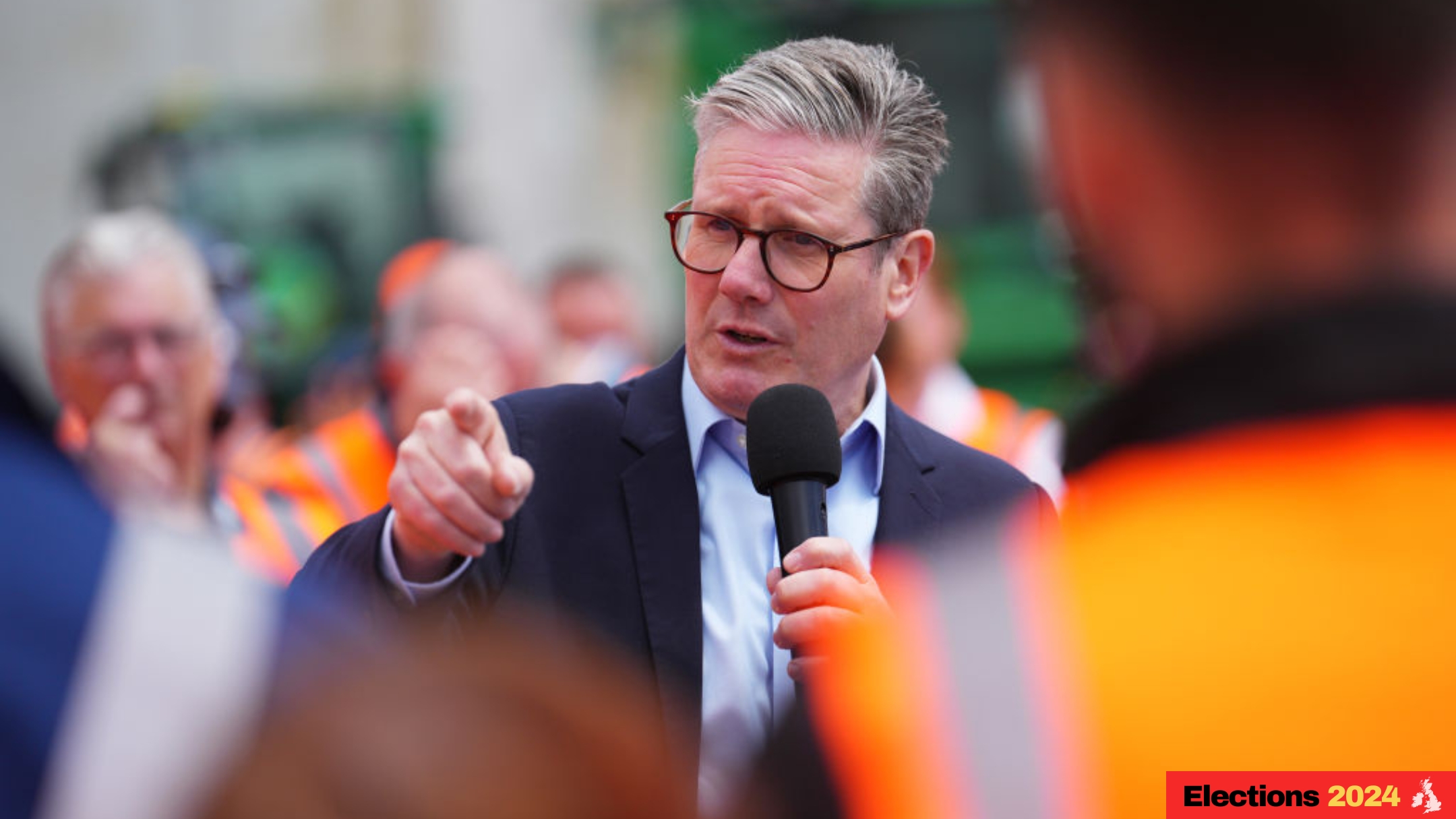 What would a Labour supermajority mean for capital markets?
What would a Labour supermajority mean for capital markets?The Conservative Party has warned that a Labour supermajority would be bad for democracy. But what impact could a big win for Keir Starmer have on the markets?
-
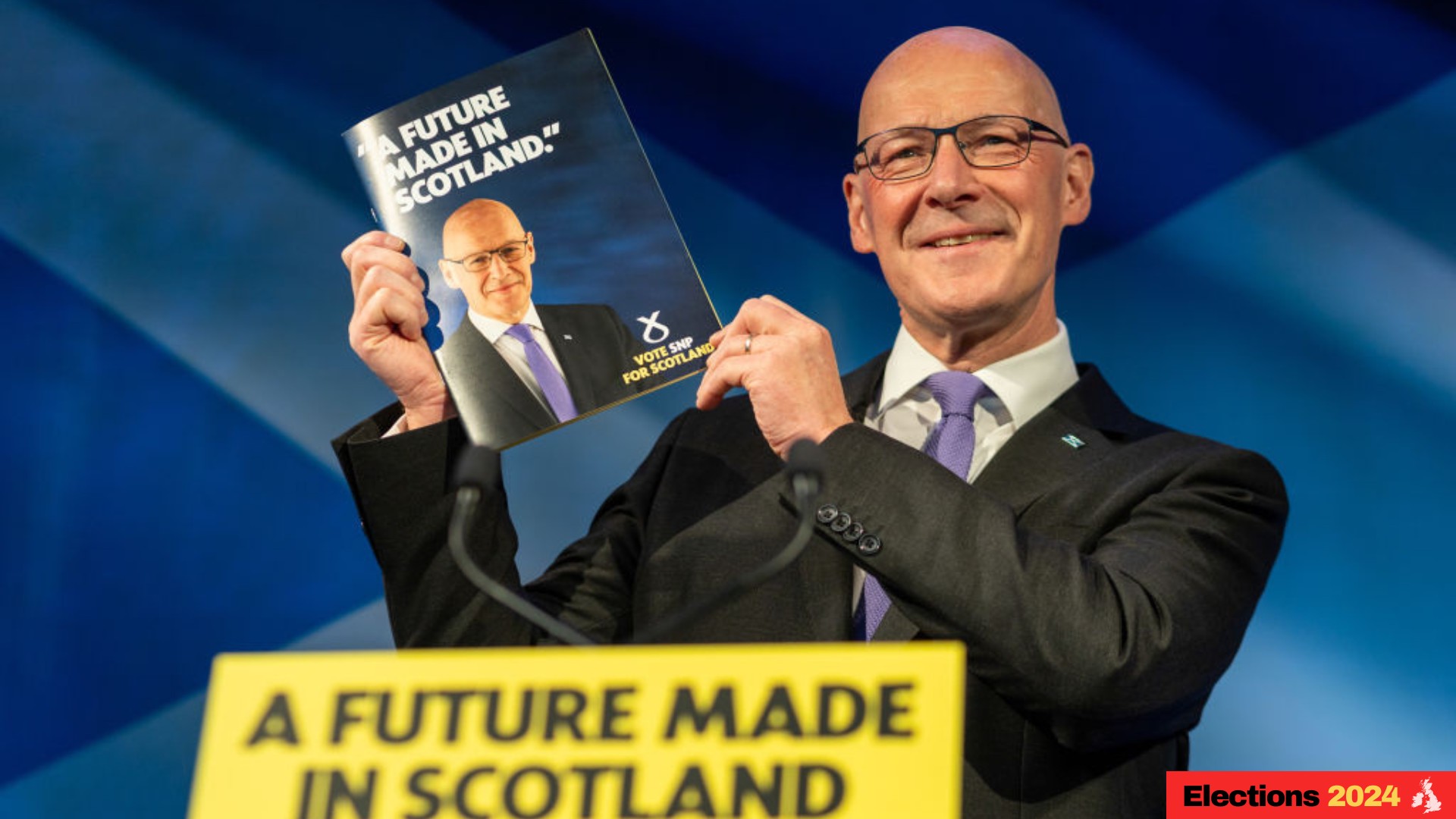 SNP manifesto 2024: what money policies did John Swinney announce?
SNP manifesto 2024: what money policies did John Swinney announce?The SNP manifesto has been launched in Scotland, and makes several key commitments, including a pledge to end austerity and a commitment to rejoin the EU.
-
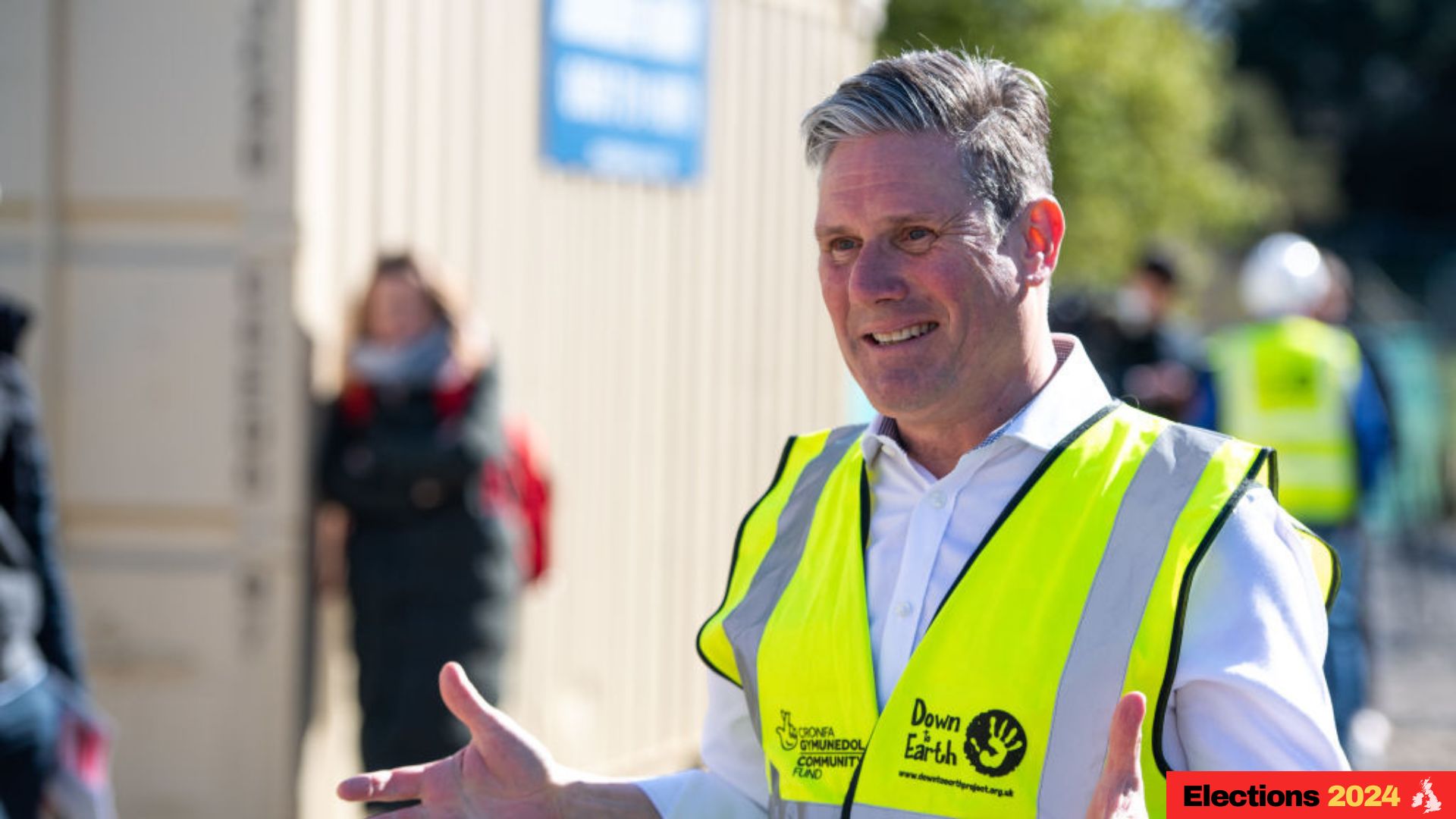 What does the Labour manifesto say about property? Key 2024 general election pledges
What does the Labour manifesto say about property? Key 2024 general election pledgesNews The Labour manifesto has made several promises around rental reforms, the leasehold system and housing market support. Here’s what a Keir Starmer government means for property.
-
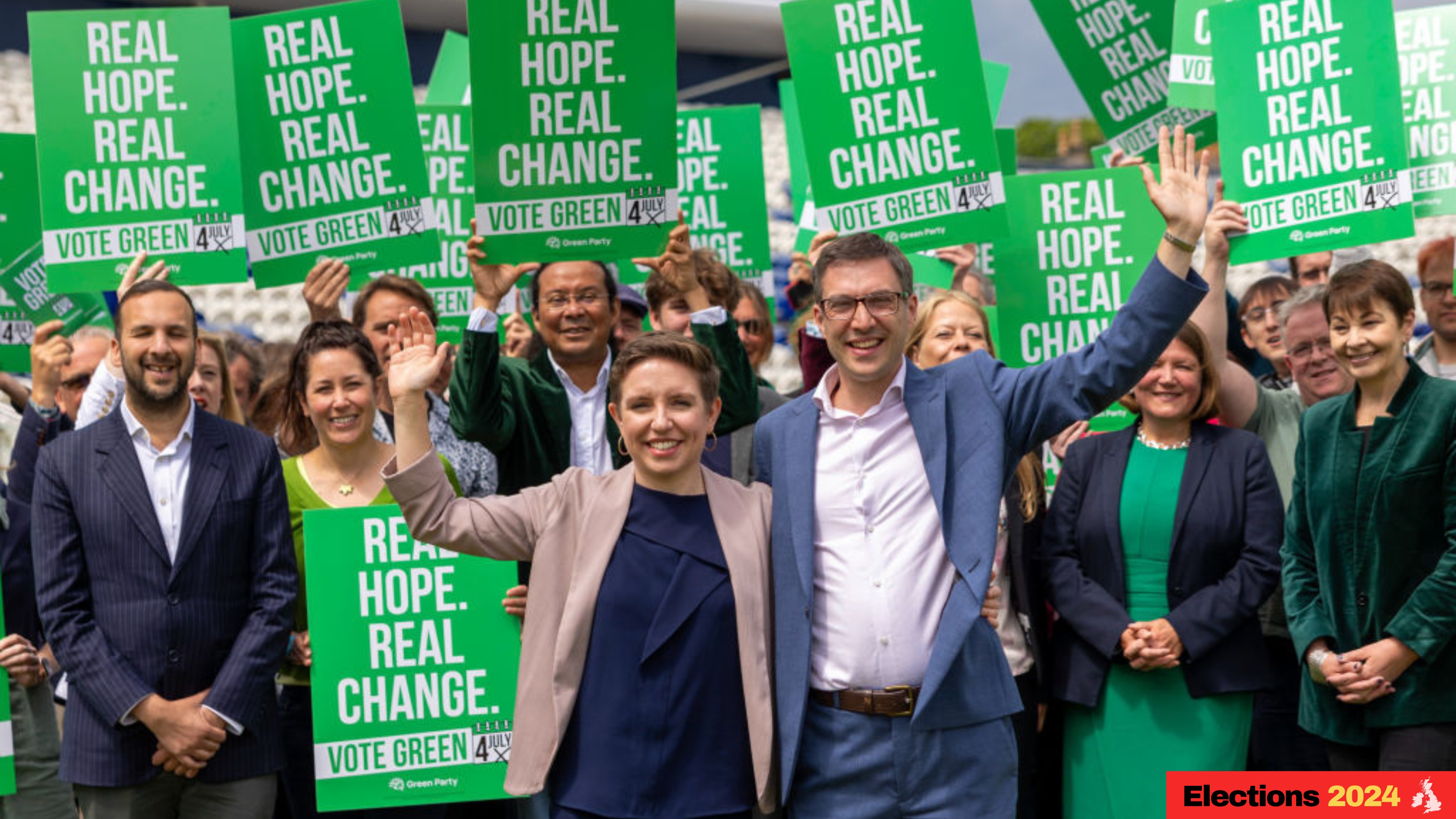 Green Party manifesto 2024: key personal finance general election policies
Green Party manifesto 2024: key personal finance general election policiesA Green Party government would introduce a wealth tax, increase National Insurance Contributions for high earners, and move towards a universal basic income.
-
 Conservatives pledge to raise high income child benefit threshold – how much could you save?
Conservatives pledge to raise high income child benefit threshold – how much could you save?News The high income child benefit charge threshold could be doubled to £120,000 if the Conservative Party wins the general election, Chancellor Jeremy Hunt has pledged.
-
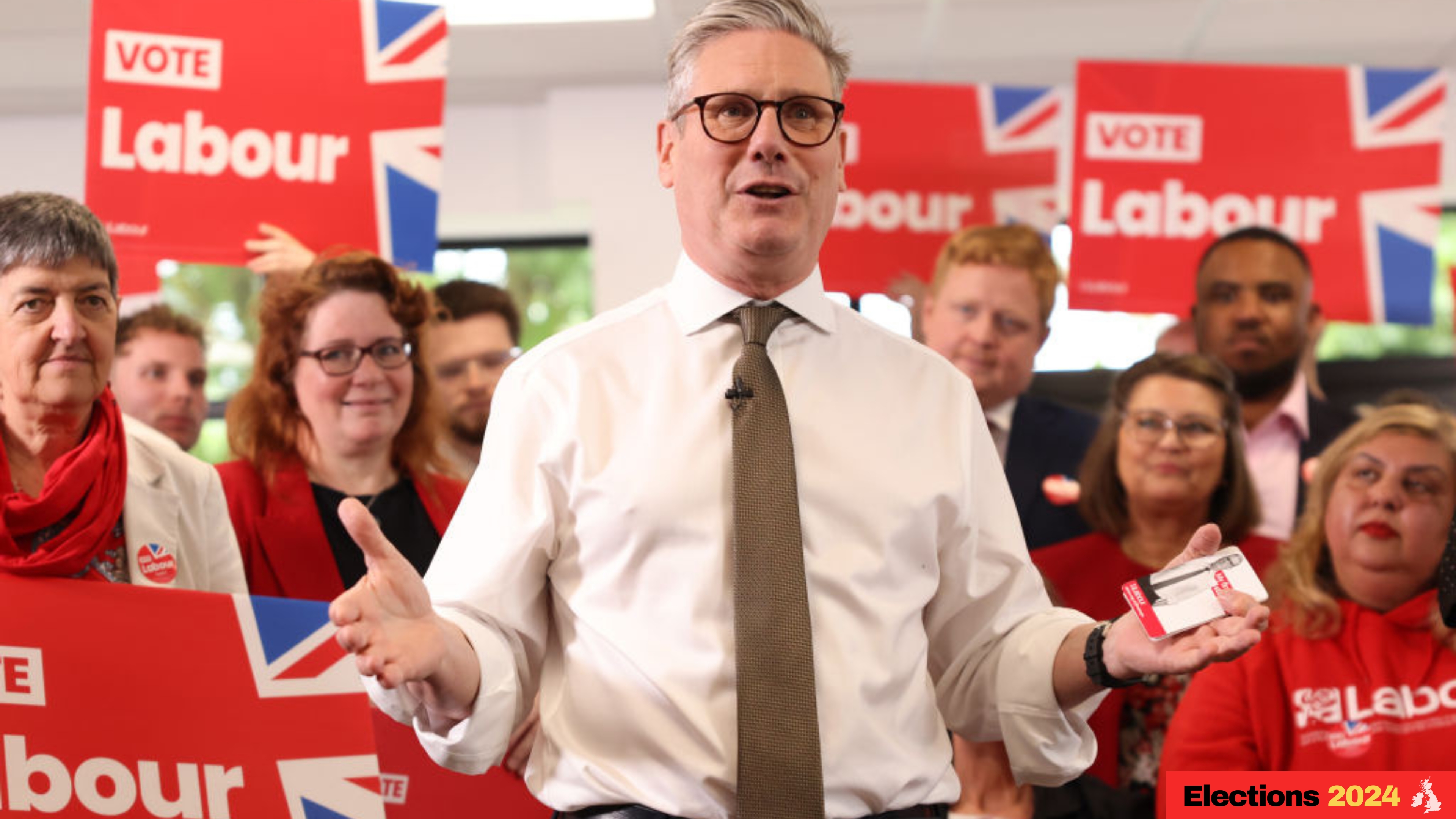 Labour unveils 'Freedom to Buy' pledge to get young people on housing ladder
Labour unveils 'Freedom to Buy' pledge to get young people on housing ladderNews Freedom to Buy will get 80,000 young people onto the housing ladder by the next general election, Keir Starmer's party has claimed
